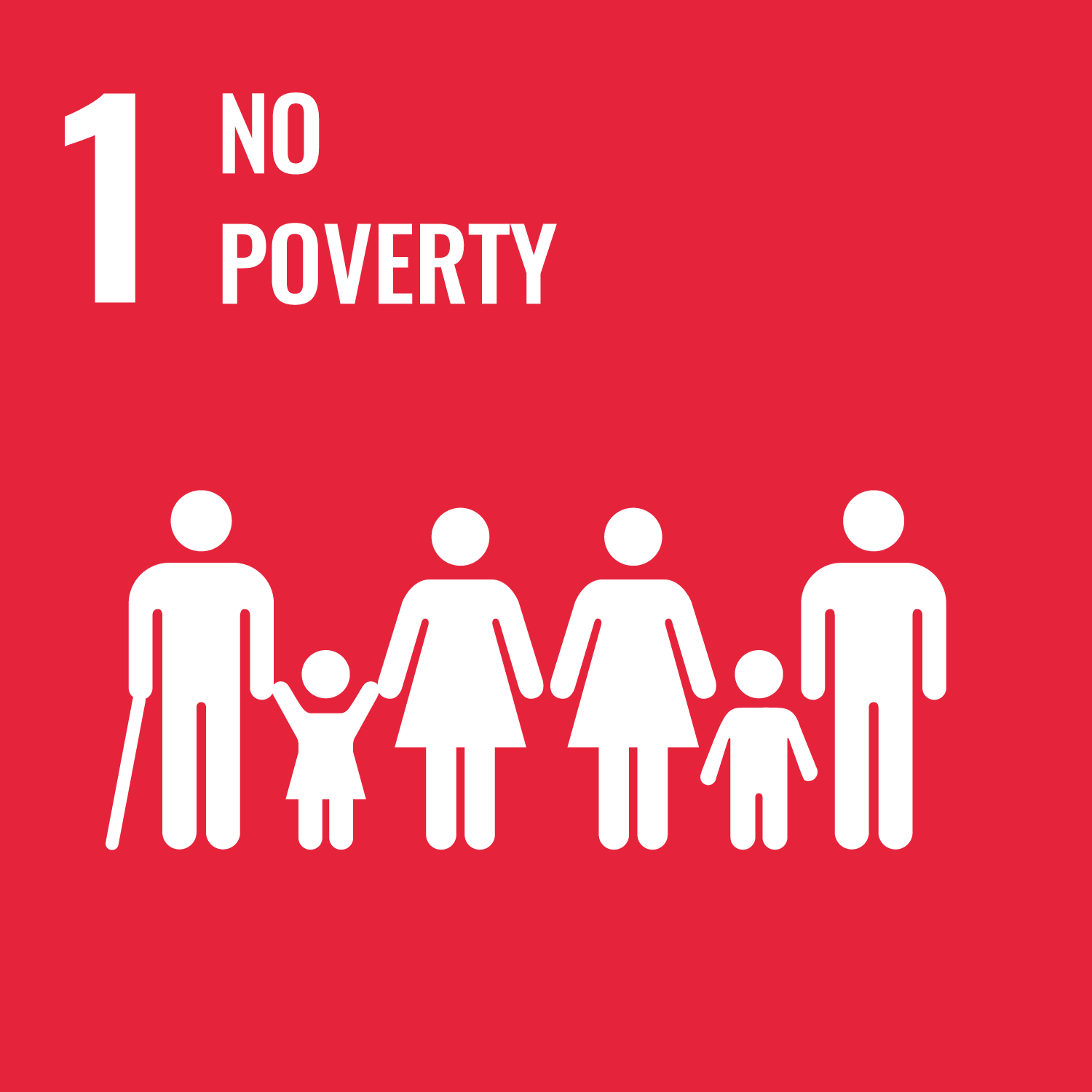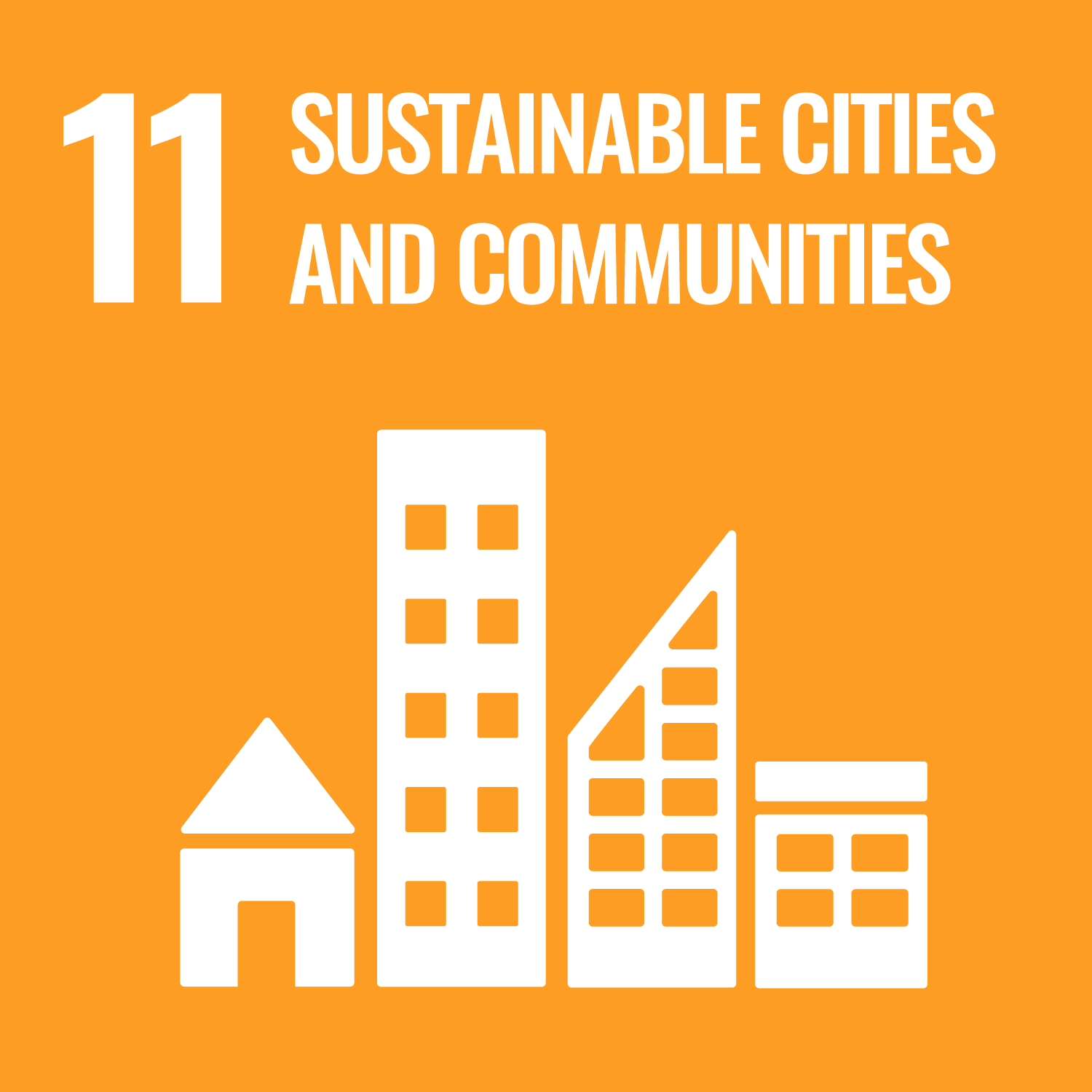Interested in this fund?
Log in or create an account to request more information.
Gain a deeper and comprehensive understanding of how this fund generates positive impact in the themes and SDGs that matter to you, with insights provided by our dedicated team of expert analysts, and receive notifications about new available impact products, exciting investment opportunities, and relevant updates in the world of impact investing.
Cheyne Social Property Impact Fund
United Kingdom
Last updated 12 May 2020, by Impactyield.
Fund geography
Developed countries (203) / More developed regions (202) / Western Europe (43) / United Kingdom of Great Britain and Northern Ireland (12)
The fund was launched to take advantage of a material dislocation in the social property sector. For about 70 years, UK government offered social sector organisations (local councils and housing associations) free equity (what the sector called “grants”) to invest in property. For example, in 2011 the government gave approximately £3 billion of grants. In 2012, the government cut the grant program to £500 million and has actively encouraged the social sector to seek private sector solutions..
Against this supply side shock, the demand for social housing is currently at 1.7 million households and growing. To address this demand would require £170 billion to £200 billion of capital investment. Due to cuts in government grant there are approx. 40,000 social housing units being built per year, a 40 year backlog.
Since the sector has no credible way of funding capital investment now that government has stepped back, the fund will invest in property and lease these properties to local councils, the NHS, housing associations etc. on 20 year long-dated inflation linked full repairing and insuring leases. Investments typically have some or all of the following characteristics:
- High degree of income security due to high quality covenants (no UK council or housing association has ever defaulted)
- Inflation-linked rents providing a natural inflation hedge (typically CPI+1%)
- Ownership of the properties
Asset class
Fund status
Fund style
Financial description
Typical investments will involve the Fund investing in property and entering into a lease with a social sector organisation such as local councils, registered social landlords, charities that will use the property to deliver their services. Rental income linked to CPI providing a natural inflation hedge.
Dual covenant rental security – the Fund will enter into a head lease with a council or charity. Properties are then sub-let to individual tenants. Therefore, the Fund will have a rental claim on both the head lessee and the tenants. Quasi-governmental Rent – tenants satisfy their rental obligation using UK local housing benefits. In the event a tenant fails to pay rent, the Fund can direct payments from the Department of Work and Pensions
The Fund’s investments will benefit from a high degree of income security due to the ultimate look-through to government housing benefit payments. This will help to facilitate an exit for the Fund at attractive price levels. Target net return of 10-12% with potential for further upside through favourable exits.
11 years
of track record
2014
the year funded
300,000,000 GBP
AUM
Interested in this fund?
Log in or create an account to request more information.
Gain a deeper and comprehensive understanding of how this fund generates positive impact in the themes and SDGs that matter to you, with insights provided by our dedicated team of expert analysts, and receive notifications about new available impact products, exciting investment opportunities, and relevant updates in the world of impact investing.
Asset manager
Impact Category









Themes impacted
Access to Basic ServicesAccess to Quality EducationAffordable Quality HousingAgricultureCommunity DevelopmentEducationEmploymentHealthLabor & EmploymentLandQuality HealthcareReal EstateResponsible Capital MarketsResponsible FinanceSustainable AgricultureSustainable Consumer ProductsSustainable Land Management
Key performance indicators
Fund overview
Asset manager: Cheyne Capital Management (UK)
Product track record: Fund has 11 years of track record
Target IRR: 12%
Committed Capital: 95,000,000 GBP (Pound Sterling)
Target return category: Risk-adjusted market-rate of return
Fund domicile: United Kingdom
Product status: Open - committed capital
Style/Stage: Development, Opportunistic, Value-Added
Inception year: 2014
Vintage year: 2014
Target region: Developed countries, More developed regions, United Kingdom of Great Britain and Northern Ireland, Western Europe
Target close date: 01/05/2016
Product term: 5 year term
Assets under management: 300,000,000 GBP (Pound Sterling)
Investment size: Min: 0; Max: 0; Avg: 0
Co-investment policy:
Currency of investments: USD (US Dollar)
Currency for fund / product figures: GBP (Pound Sterling)
Fund investments to date: 4
Fund investments to date exited or repaid: 0
Management fee: 1.5%
Carried interest: 15%
Hurdle rate: n.a.
GIIN Investors' Council Investment: No
Limited Partners / Investors: n.a.
Limited Partner / Investor Type: Endowments/Foundations, Family Office, Pension Funds, Other Institutional Investors
Contact
E-mail: n.a.
Website: http://www.cheynecapital.com
Phone number: 0044 (0)20 7968 7450
If you wish to have your details removed from this database please email gdpr@impactyield.com
Rebecca Lawley
Product Specialist
Shamez Alibhai
Portfolio Manager of the Cheyne Social Property Impact Fund
Impact Performance
n.a.
Impact thesis
Cheyne will work with high impact organisations that are delivering social services in the UK including affordable housing, elderly care, housing for the homeless, dementia care, etc. The Fund will buy or build properties and rent these properties to social service providers at affordable rates.
Many social service providers require a physical property through which to deliver services, such as healthcare, homelessness shelters, etc. They have historically relied on government grants to either acquire or build property. However, grants for capital investment to social landlords have been cut by 70-80% in the past 3 years, dramatically affecting the ability of providers to deliver social services and increasing costs. An estimated £1.9 billion is spent in the UK on sub-standard temporary accommodation due to insufficient public housing stock.
Many social service providers require a physical property through which to deliver services, such as healthcare, homelessness shelters, etc. They have historically relied on government grants to either acquire or build property. However, grants for capital investment to social landlords have been cut by 70-80% in the past 3 years, dramatically affecting the ability of providers to deliver social services and increasing costs.
Impact Management
n.a.
-llp-logo.jpg)


